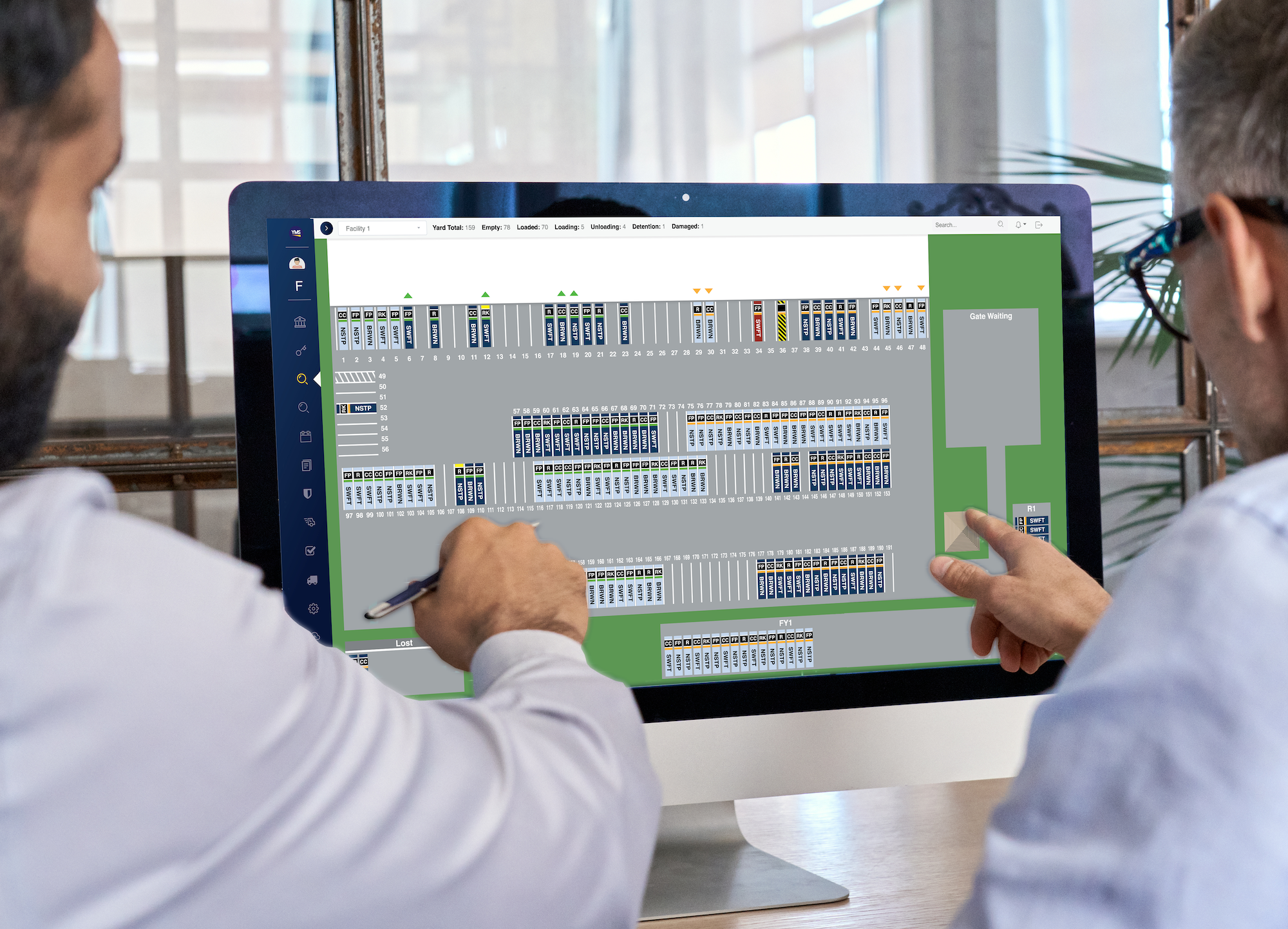VesselBot, a technology company that brings transparency to Scope 3 transportation emissions, has released the December 2023 edition of its comprehensive report titled ‘Decoding Maritime Emissions – Highs, Lows, and Green Leaders across global ocean routes.’
This pivotal document sheds light on the development of greenhouse gas (GHG) emissions in the shipping and freight industry, a critical factor in global climate change mitigation efforts.
Key Statistics:
1. Downward Trend in Emissions: The average emissions per kg/tonne have improved since last year. Between January and July, 2023 emissions have dropped by 12% compared to the same period last year. When comparing the emissions by trade lane, North Europe to the Middle East showed the best improvement in 2023 (Jan-Jul) compared to the same period in 2022 with a 75% drop in emissions.
2. Improvements by Vessel Groups: Three vessel groups, namely VLCS, ULCS, and Post Panamax II, exhibited significant reductions in emissions in 2023. Each group demonstrated a reduction of over 20% compared to the emissions recorded in the previous year. Although the improvement should be welcomed and is plausible, the report delves into the possible factors that may have contributed to this achievement.
3. Emissions by Country of Departure: In the year 2023, New Zealand recorded the highest average emissions per tonne among countries of loading at 222 kg per tonne of cargo shipped. Conversely, the United Arab Emirates recorded the lowest at 71 kg per tonne.
Invitation to Action:
This report is an essential read for anyone involved in the maritime industry, environmental policy-making, or global trade. It not only celebrates the progress made in certain areas but also highlights the ongoing challenges, underscoring the urgency for continued action and innovation.
We encourage all stakeholders, including industry leaders, policymakers, and environmental advocates, to download and read the full ‘Decoding Maritime Emissions’ report for detailed insights. This comprehensive analysis is a testament to the possible change and a roadmap for further reducing the maritime industry’s carbon footprint.









